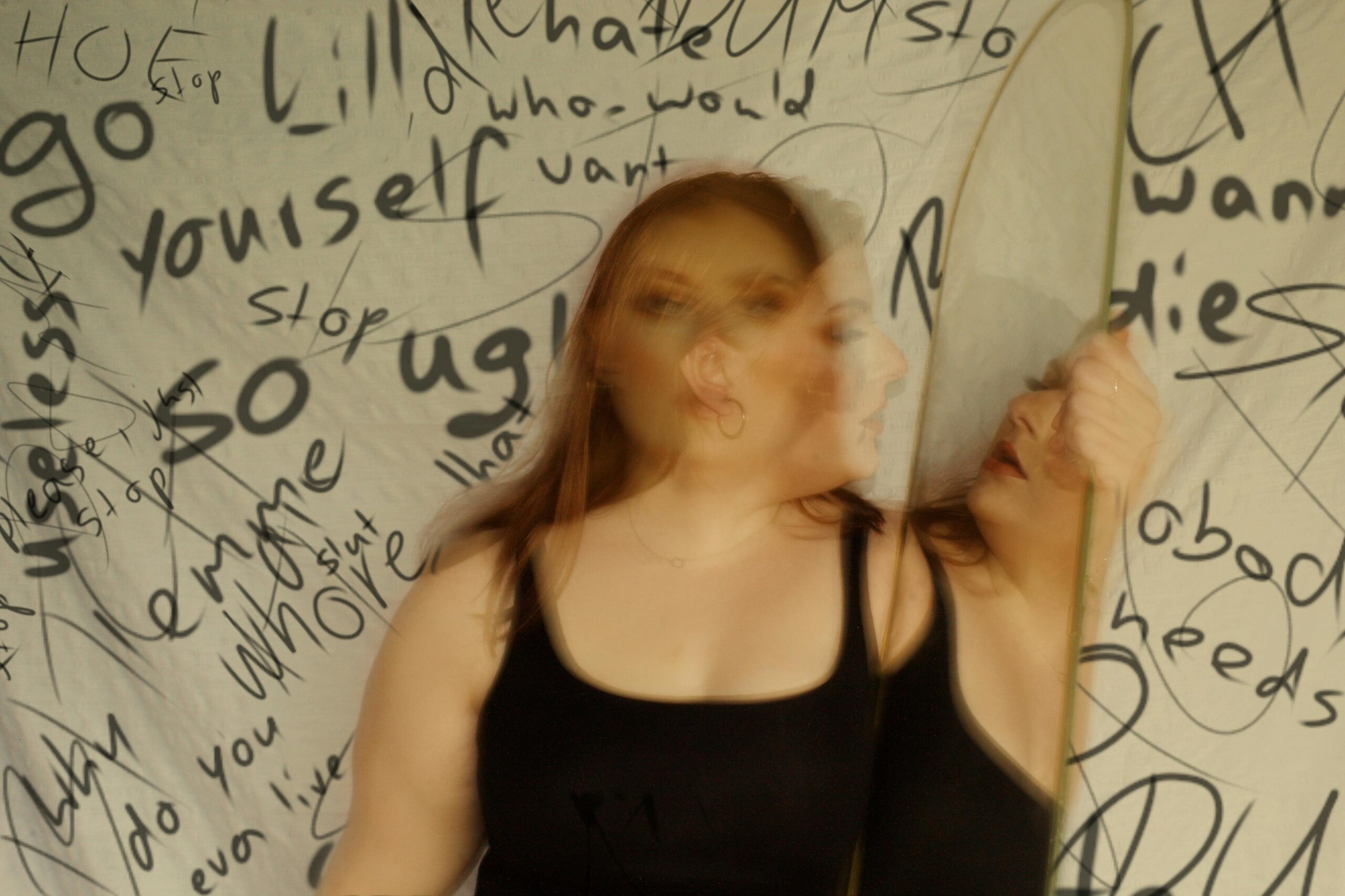Unlearning the Internalized Doubt
By Michelle Labine May 7, 2025
Before we had the words “Autistic” in a way that fit—before the diagnosis, the self-recognition, the unlearning—we doubted ourselves. We questioned what we felt. We reasoned away our needs. We convinced ourselves that what we were experiencing couldn’t really be that bad.
We gaslit ourselves.
Not out of denial. Out of survival.
Because when you grow up in a world that doesn’t reflect your inner reality, you start to believe the world instead of yourself.
I told myself I was overreacting when noise made me feel physically flooded.
I told myself I was lazy when I needed rest after socializing.
I told myself I was too sensitive, too intense, too rigid.
I told myself that if I just tried harder—at being liked, at being easy, at fitting in—it would stop hurting so much.
It didn’t stop hurting. But I did get better at pushing it down.
The Internal Dialogue No One Sees
So many of us carry a quiet, relentless script:
Why can’t I handle this?
Other people don’t need this much downtime.
Just let it go.
You’re being dramatic.
Try harder.
Don’t be a burden.
We end up policing ourselves with the same expectations that harmed us in the first place.
And the hardest part? It becomes automatic. We start believing it’s normal. We can go years—decades—not realizing that the pressure we feel inside isn’t just coming from the outside world. It’s coming from the story we’ve internalized about who we should be.
And Then… We Name It
For me, the shift came slowly. Not all at once, but in moments.
One of them was in my kitchen. The kettle was screeching. The dishwasher was humming. The lights were sharp. My kids were talking, all at once. It was just a normal afternoon. And yet, I felt like I was crumbling inside—like I was about to burst or shut down.
Before I had a name for it, I would’ve told myself: You’re being ridiculous. Pull it together. You’re failing again.
But that day, I paused. I said: This is sensory overload.
That sentence—that simple naming—changed everything.
Because I wasn’t being difficult. I wasn’t fragile. I wasn’t failing.
I was experiencing the world through a nervous system that had never been truly understood.
And for the first time, I believed myself.
When We Stop Explaining Ourselves to Ourselves
This is what it means to come home to ourselves—not just to understand our traits or needs, but to stop doubting what we feel. To stop arguing with our own experience.
We start saying:
Yes, that was too much.
Yes, I need this to feel safe.
No, I don’t need to push through.
My feelings make sense.
I make sense.
Unlearning the self-gaslighting takes time. It’s tender work. But every time we choose to believe ourselves, we make room for something new: trust, safety, softness. A return.
You don’t have to prove your pain.
You don’t have to justify your needs.
You don’t have to twist yourself into someone else’s version of “okay.”
You get to listen to your body. You get to name what’s real.
And you get to stop gaslighting yourself.
Because you were never too much.
You were never broken.
You were always just… you.
And now, you get to believe that.


